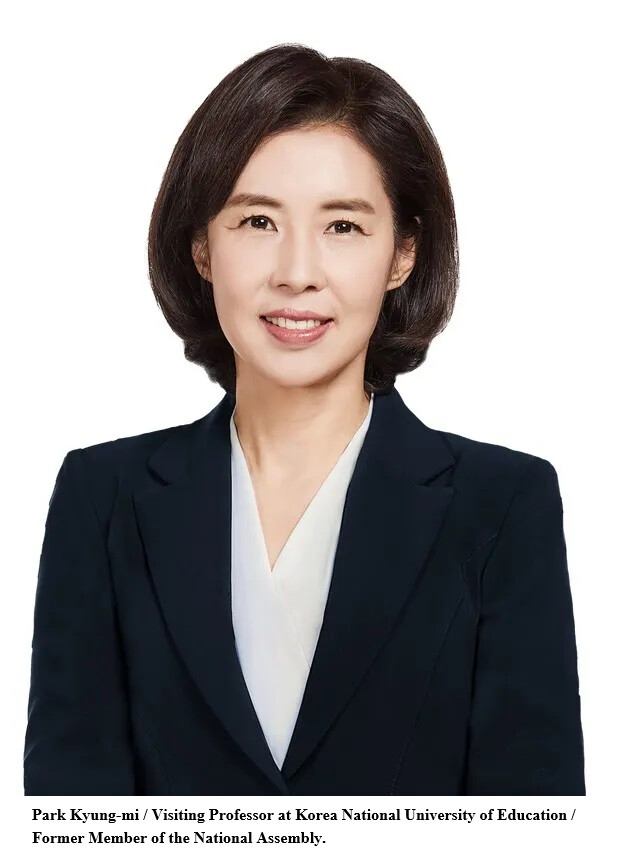
The good news came this year that the Republic of Korea achieved an overall third place in the International Mathematical Olympiad. It is especially encouraging that Yoon Hye-won, a second-year middle school student, won a gold medal. Yoon revealed her ambition to major in mathematics and research how to improve AI efficiency.
Mathematics is the language and engine of AI. Fields of mathematics such as linear algebra, calculus, probability, and statistics form the core foundation of AI and enable AI to learn and reason from data. However, most top-level math prodigies are entering medical school, not basic science fields.
This reality was well-highlighted in the recently aired documentary, <Talent Wars: China is Crazy About Engineering, Korea is Crazy About Medical School>. To win the competition for scientific and technological hegemony, China is pouring its national capabilities into nurturing talent in the field of science and engineering. Starting from elementary school, they are sparking interest in mathematics and science, highlighting startup founders as role models, and creating a society centered on science and technology. In contrast, Korea's concentration on medical schools is deepening. Due to a poor research environment, low compensation, and a lack of quality jobs, basic science and engineering are being increasingly neglected.
As recently as the 1980s, the top scorer in the natural sciences in the national college entrance exam would typically choose physics or electrical engineering. Although it was not an easy choice to take the path of a scientist with high uncertainty instead of the stable path of a doctor, the social atmosphere in which scientists were hailed as national heroes under the banner of a scientific nation contributed to this. Cultural content such as <Robot Taekwon V> made people admire scientists, and scientists were always at the top of the list of preferred jobs for the future.
Now, we must create a society where scientists are respected again and scientific and technological research is treated with respect. The prerequisite for leapfrogging into one of the top three AI powerhouses, which the Lee Jae-myung government has declared, is also fostering talent. What measures are needed to attract outstanding talent to basic science and engineering?
First, we need to expand research funding. Beyond restoring the research and development (R&D) budget that the Yoon Suk-yeol government cut, we need to dramatically increase it, create a culture that tolerates earnest failure, and establish a reasonable compensation system for research achievements. While Silicon Valley has a concentration of venture capital, allowing for investment if there is an innovative idea, we have some support for early-stage startups but a lack of investment in growth-stage companies.
The case of Deepseek founder Liang Wen-feng is very suggestive. Liang Wen-feng was able to succeed and amass enormous wealth because China nurtured AI as a national strategic industry, provided generous support, and brought together talented people to create a passionate research culture. His hometown has emerged as a mecca for parents who value their children's education, and second and third Liang Wen-fengs are being produced. Just as the Se-ri Pak kids dominated the world of golf, the field of science and technology also needs role models. To this end, documentaries and dramas that deal with the research world and challenges of scientists would also be helpful. Content depicting the struggles on the front lines of scientific research or the world of big tech is rare now.
By returning to an era where science and technology were a 'dream' and scientists were treated as 'heroes,' we must fully support innovative research and build a systematic talent nurturing system. When the center of gravity shifts from a 'medical school concentration' to a 'science concentration,' we will get one step closer to the goal of becoming one of the top three AI powerhouses.
[Copyright (c) Global Economic Times. All Rights Reserved.]




























